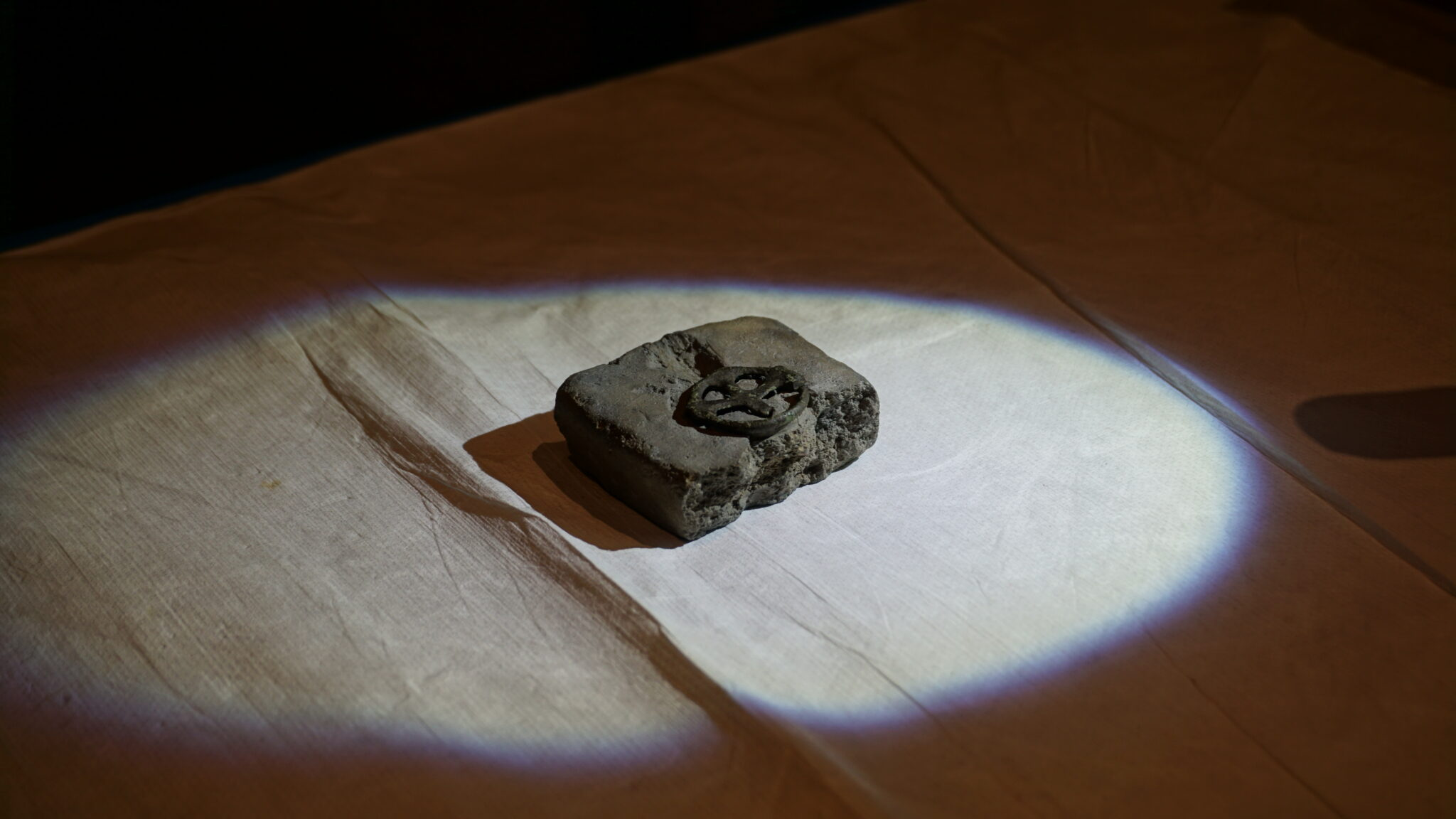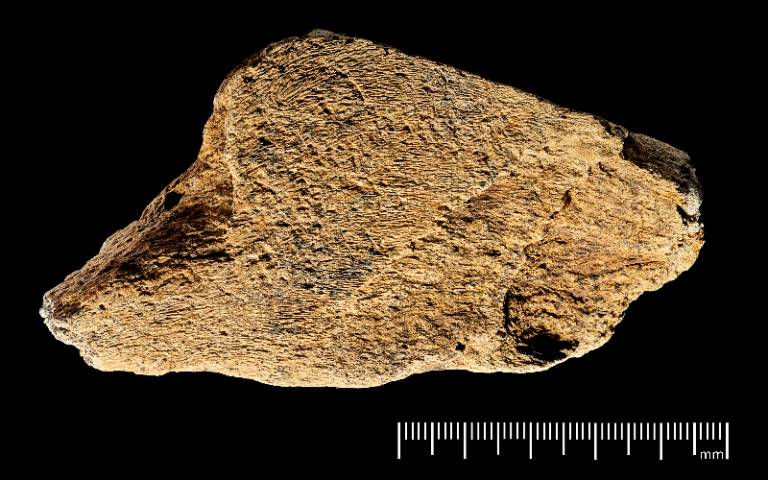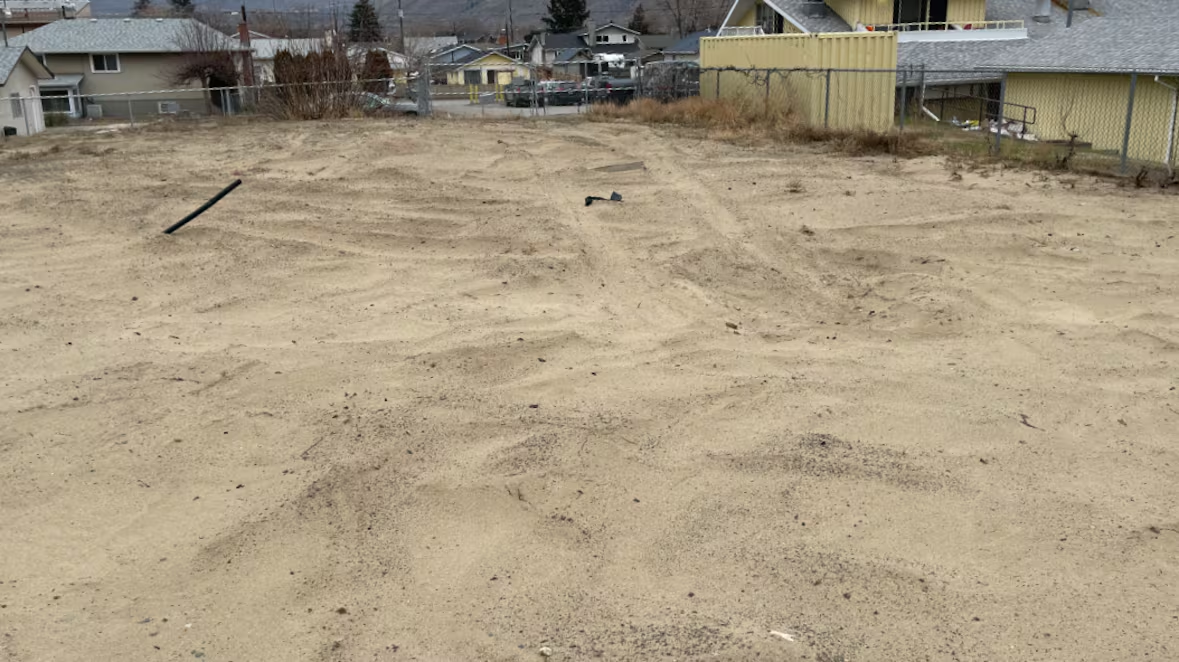Music has been an integral part of human civilization for tens of thousands of years. Archaeological discoveries of ancient musical instruments, such as bone flutes and lyres, reveal the deep cultural and spiritual significance of music in early societies. These instruments not only provided entertainment but also played crucial roles in rituals, communication, and social cohesion.
Bone Flutes: The Earliest Melodies
One of the oldest known musical instruments is the bone flute, with examples dating back over 40,000 years. Discovered in sites such as the Swabian Jura region of Germany, these flutes were crafted from bird bones and mammoth ivory. Their existence suggests that early humans possessed a sophisticated understanding of sound production and music's role in communal and ceremonial life.
Lyres and Stringed Instruments in Ancient Cultures
Lyres, one of the earliest stringed instruments, were widely used in Mesopotamia, Egypt, and Greece. Dating back to at least 2500 BCE, these instruments were often associated with religious practices and oral storytelling. The famous Lyres of Ur, found in the Royal Cemetery of Ur in modern-day Iraq, highlight the importance of music in Sumerian society, where it was played in temples and royal courts.
The Cultural Significance of Music
Ancient music was deeply intertwined with mythology, religious rituals, and social structure. In many cultures, music was believed to have divine origins, capable of invoking spiritual experiences or influencing emotions. Instruments were often buried with the dead, signifying their role in both earthly and afterlife ceremonies.
Influence on Early Societies
Music helped foster communication and unity within early human groups. It was used in storytelling, historical preservation, and even healing practices. The rhythmic and melodic aspects of music likely contributed to early language development and emotional expression, reinforcing its importance in shaping human culture.
Conclusion The discovery of ancient musical instruments provides a window into the lives of early civilizations, demonstrating that music was more than mere entertainment—it was a fundamental aspect of human expression. As research continues, new findings may further unravel the profound impact music had on shaping societies throughout history.







